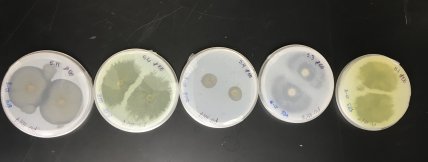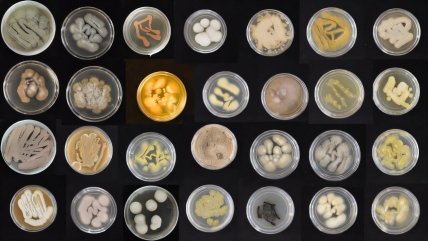Scientists have found sea fungi that consume plastic. Could this discovery help tackle the waste problem? (photo)
Plastic pollution has emerged as one of the most pressing environmental issues of our time. Each year, approximately 625,000 truckloads of plastic waste enter the oceans, causing tremendous harm to marine ecosystems.
Researchers at the University of Hawaii (UH) at Manoa have made a groundbreaking discovery: they have identified marine fungi capable of breaking down plastic, with some species doing so at an exceptionally rapid rate.
Fungi that Eliminate Plastic
Scientists from the School of Ocean and Earth Science and Technology at UH Mānoa (SOEST) collected fungi from Hawaii's coastal environments—specifically from sand, algae, corals, and sponges. They tested their ability to degrade polyurethane, a type of plastic commonly used in medical and industrial products.

The results of the experiment astonished the researchers: over 60% of the collected fungi demonstrated the ability to consume plastic. Moreover, within three months, some species adapted to the new conditions so well that they were able to accelerate the plastic-eating process by 15%.
How Does This Work?
Under the influence of sunlight, heat, and physical factors, plastic breaks down into microplastics, which are ingested by marine organisms, poisoning them. In contrast, fungi decompose plastic into non-toxic compounds, converting it into their own biomass. This opens up new possibilities for biotechnological plastic disposal.

Research Prospects
Given that Hawaii is located near the Great Pacific Garbage Patch, its coastal waters are particularly contaminated with plastic. Therefore, the UH Mānoa team plans to continue their research to explore the fungi's ability to degrade other types of plastic, particularly polyethylene and polyethylene terephthalate (PET), which are notably resistant to natural degradation. The scientists are also working on deciphering the molecular mechanisms behind this process.
Previously, "Telegraph" reported that the garbage problem is already extending beyond our planet. Space debris now poses a threat to civil aviation.